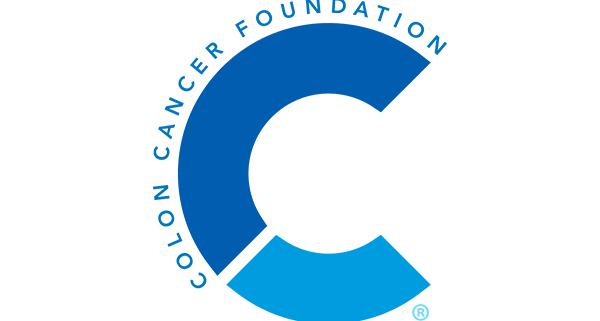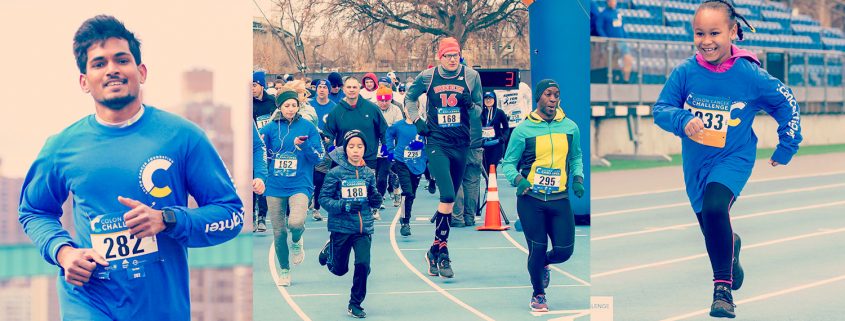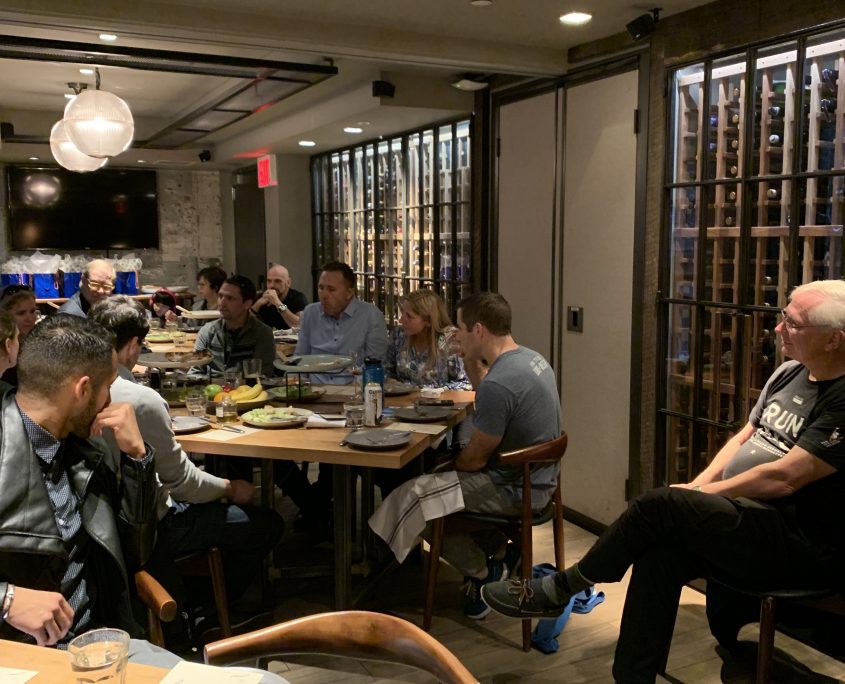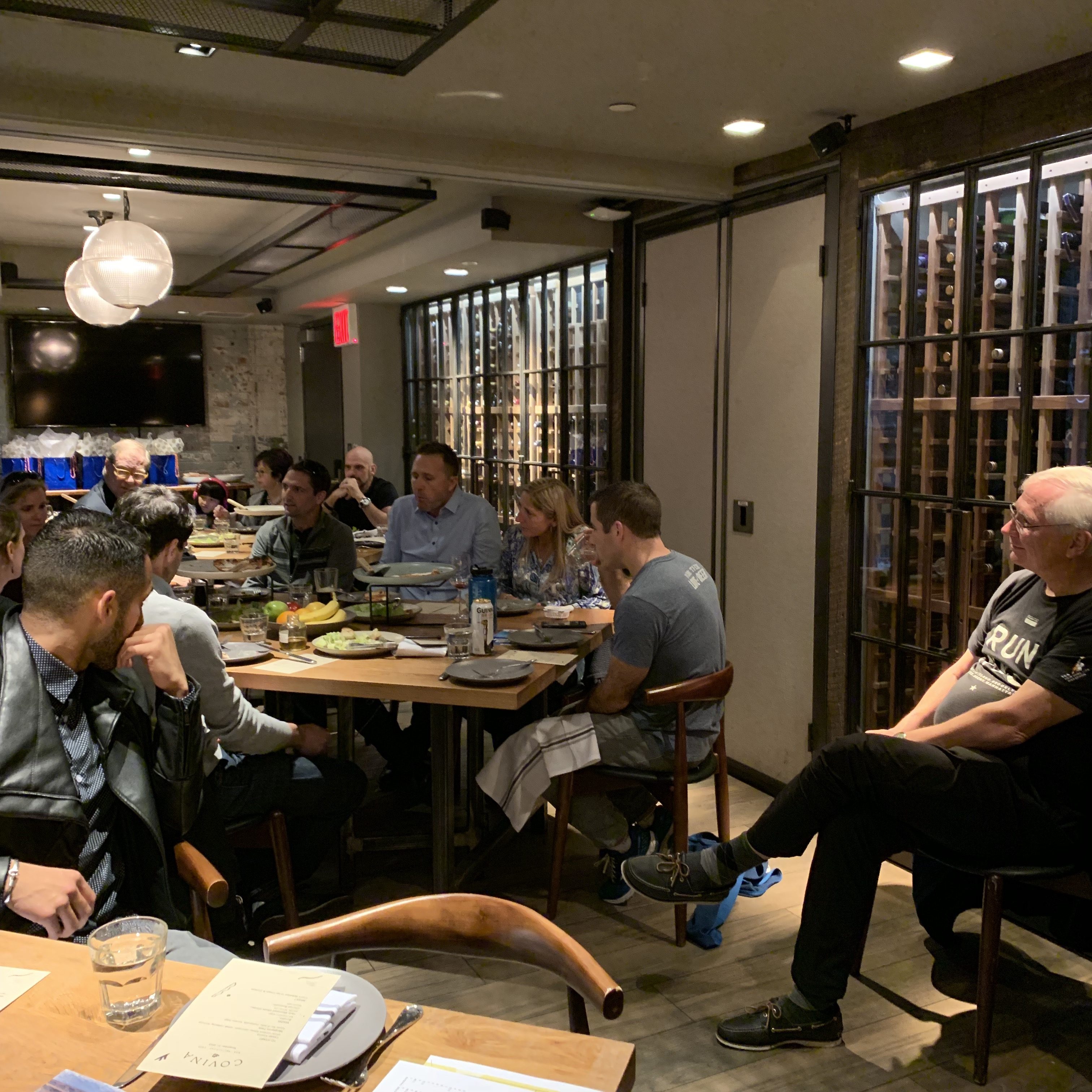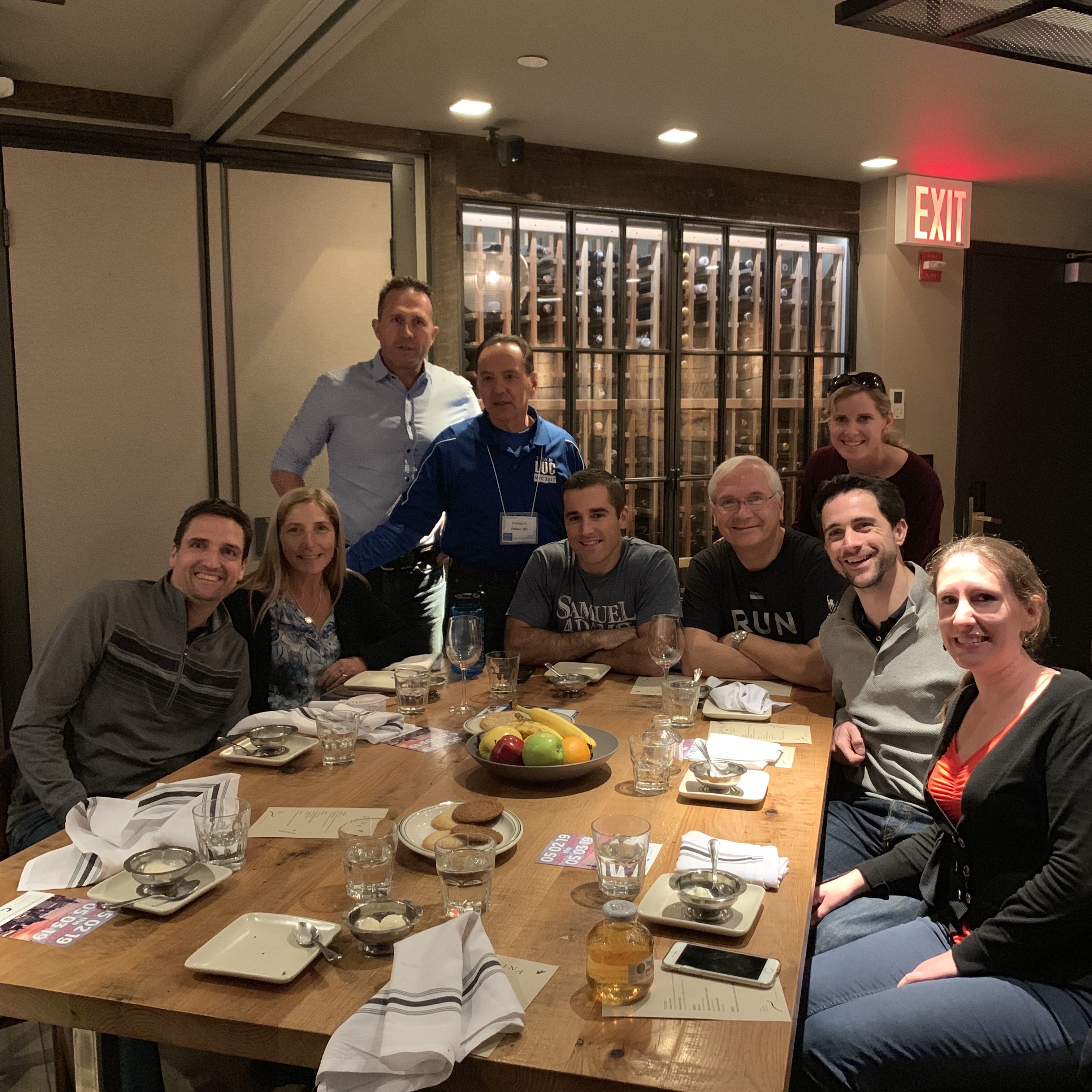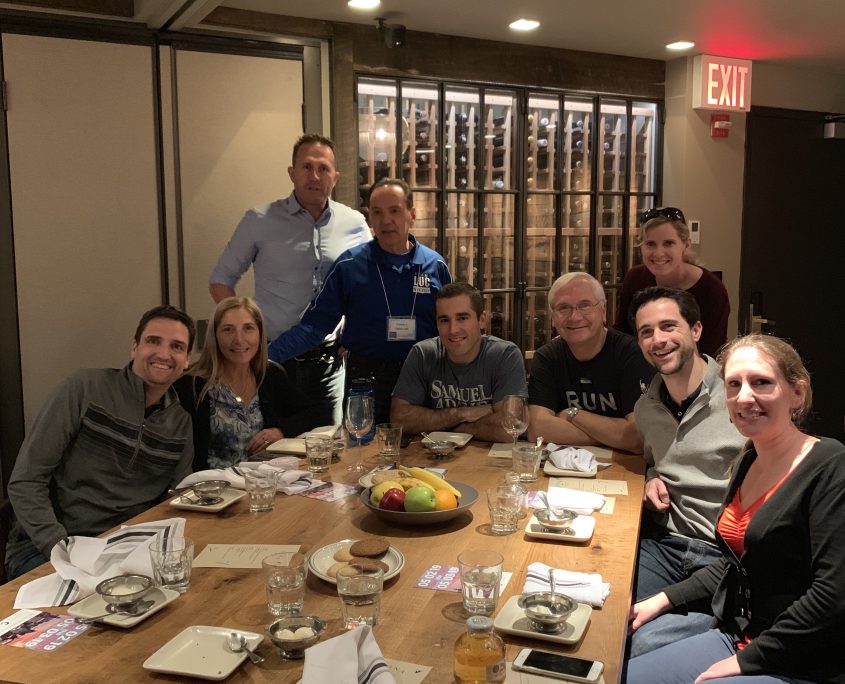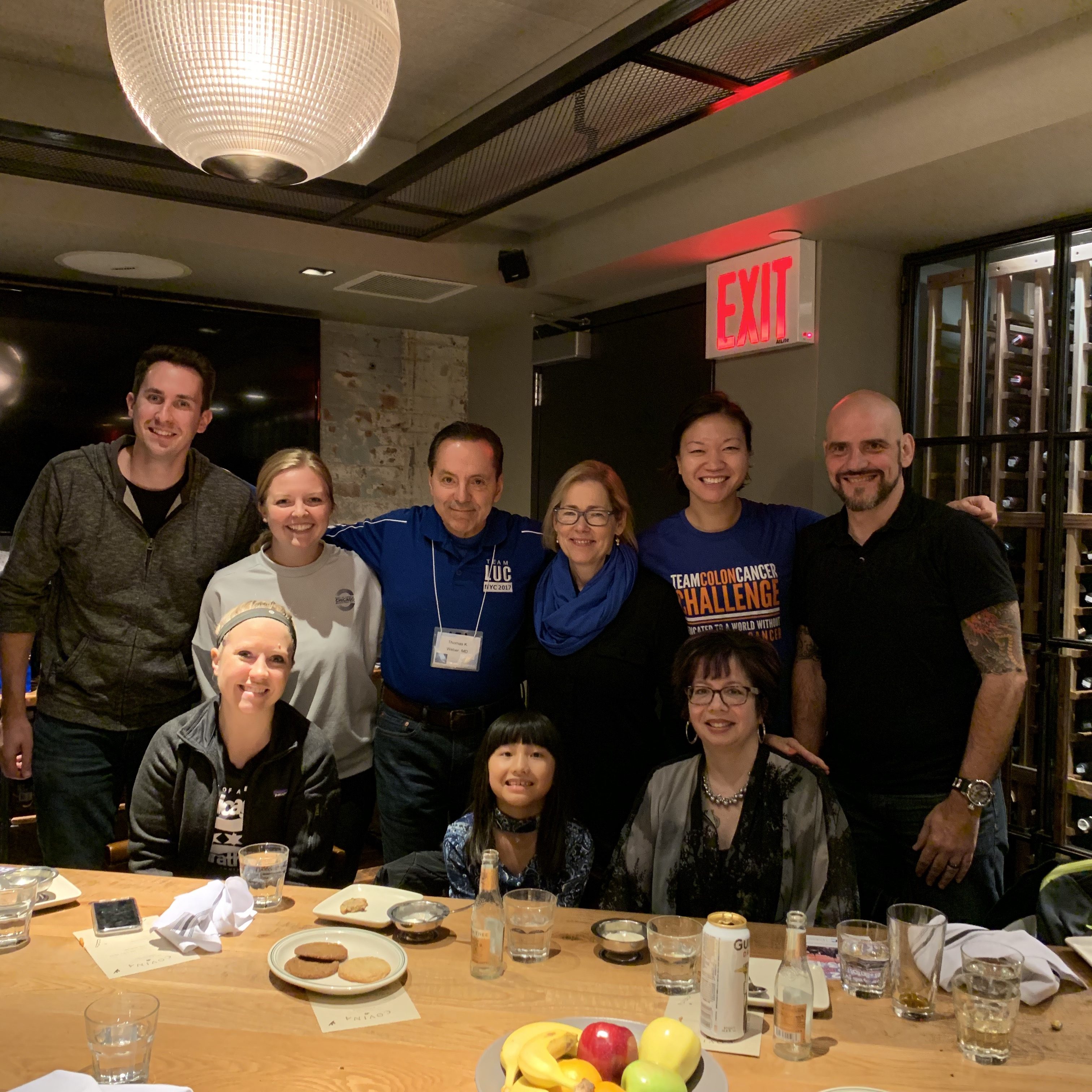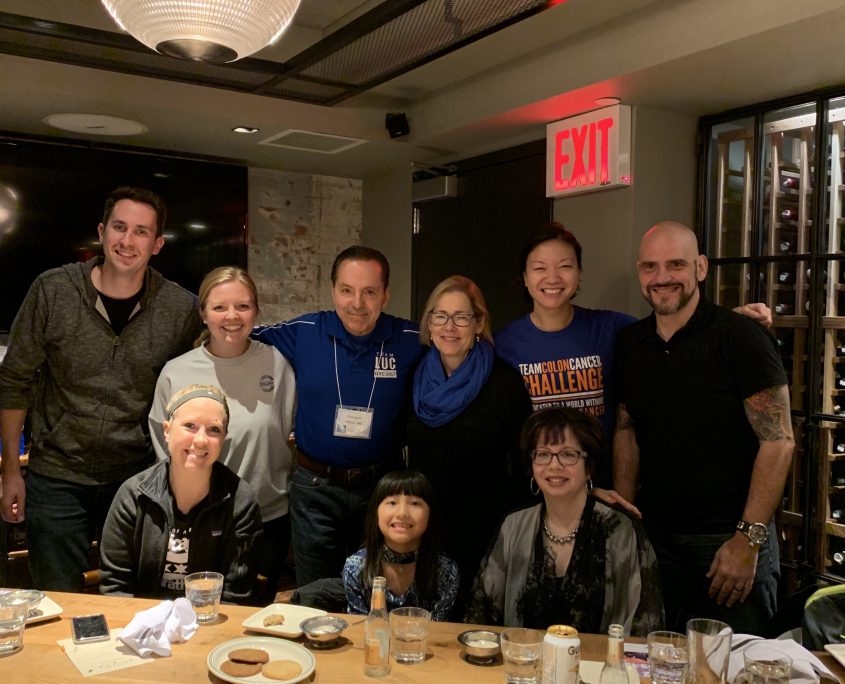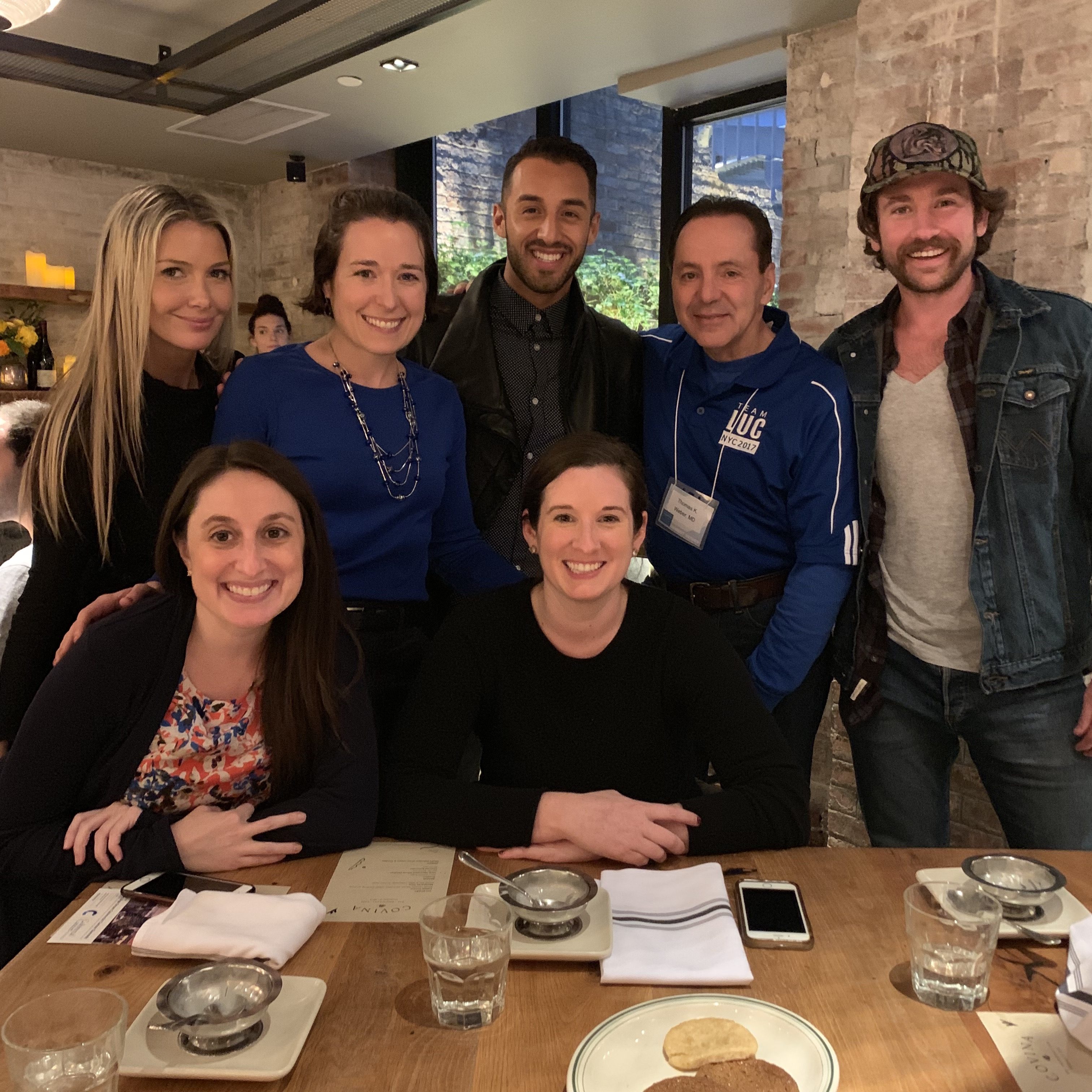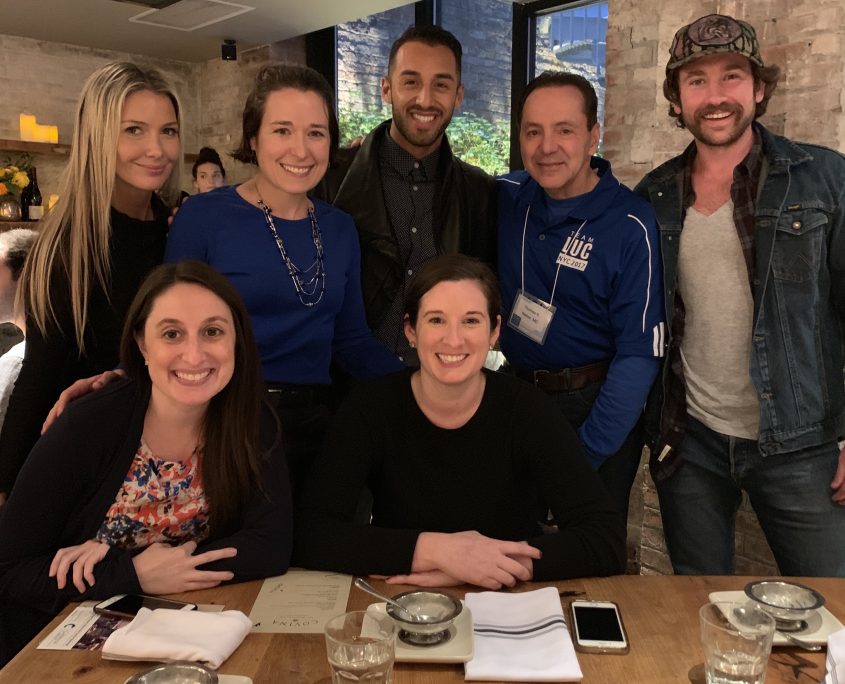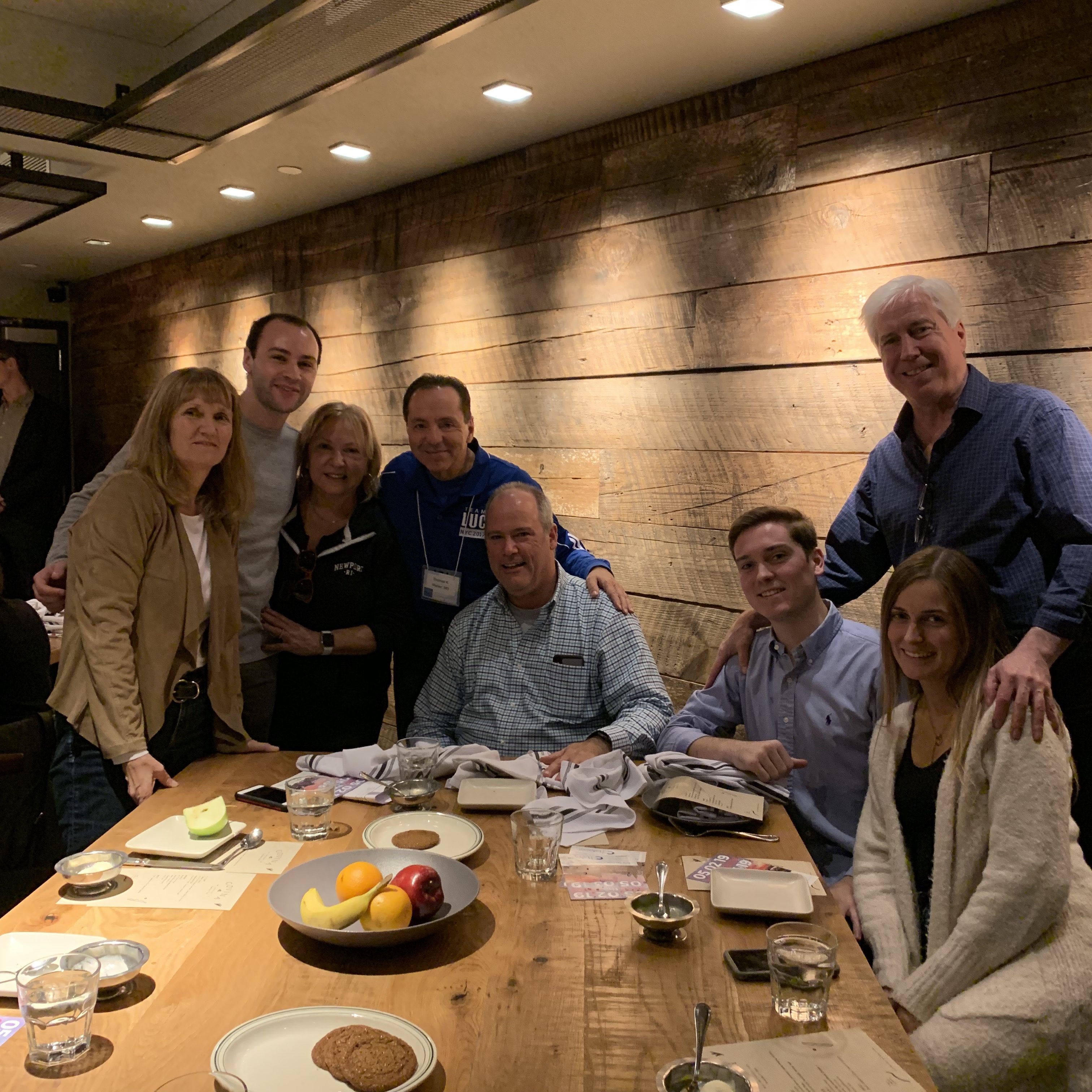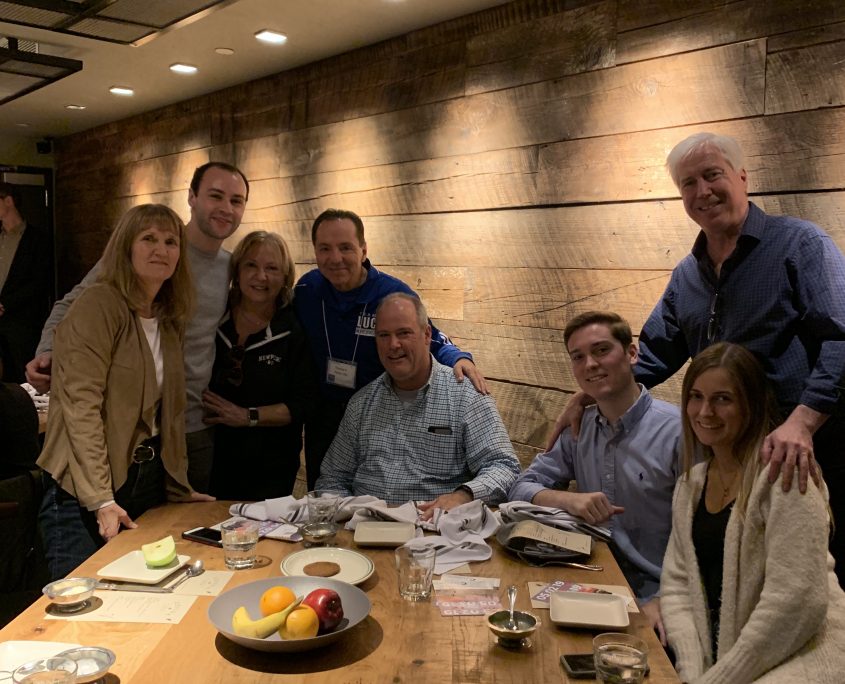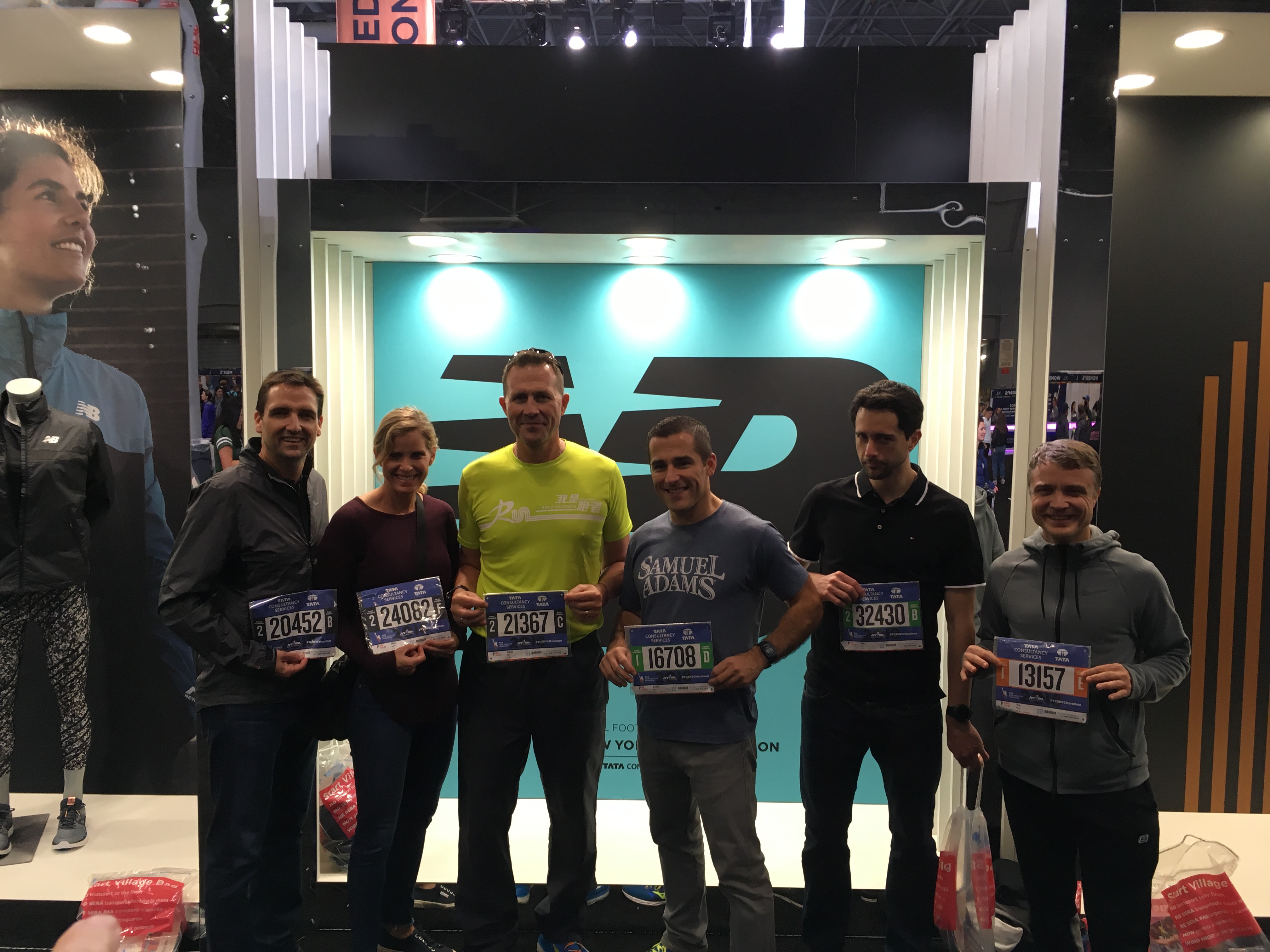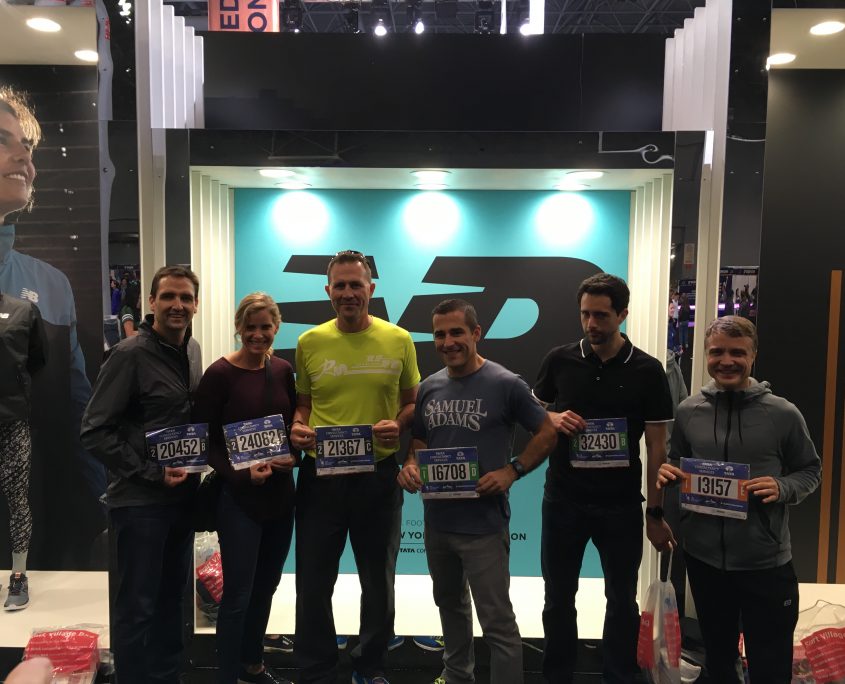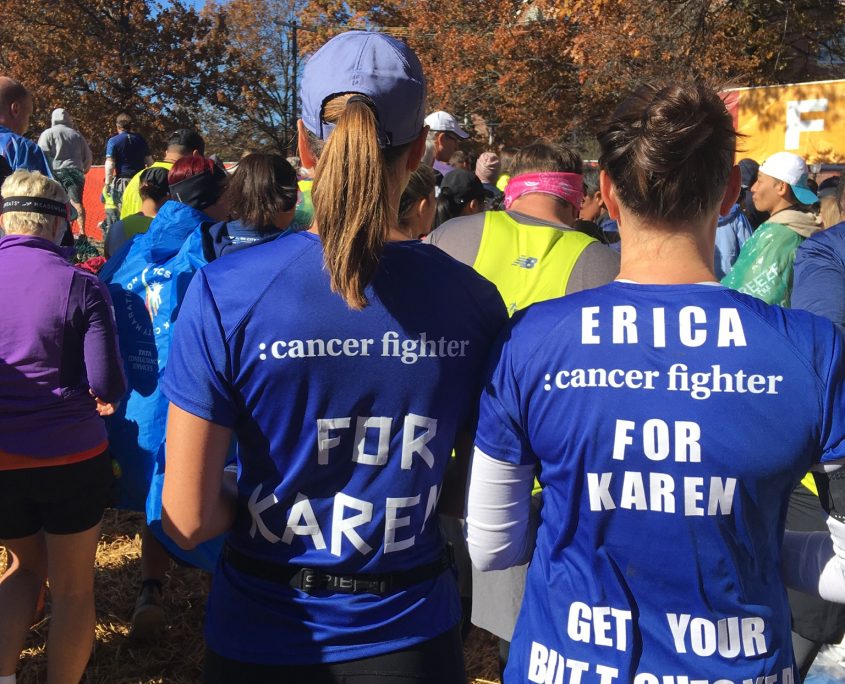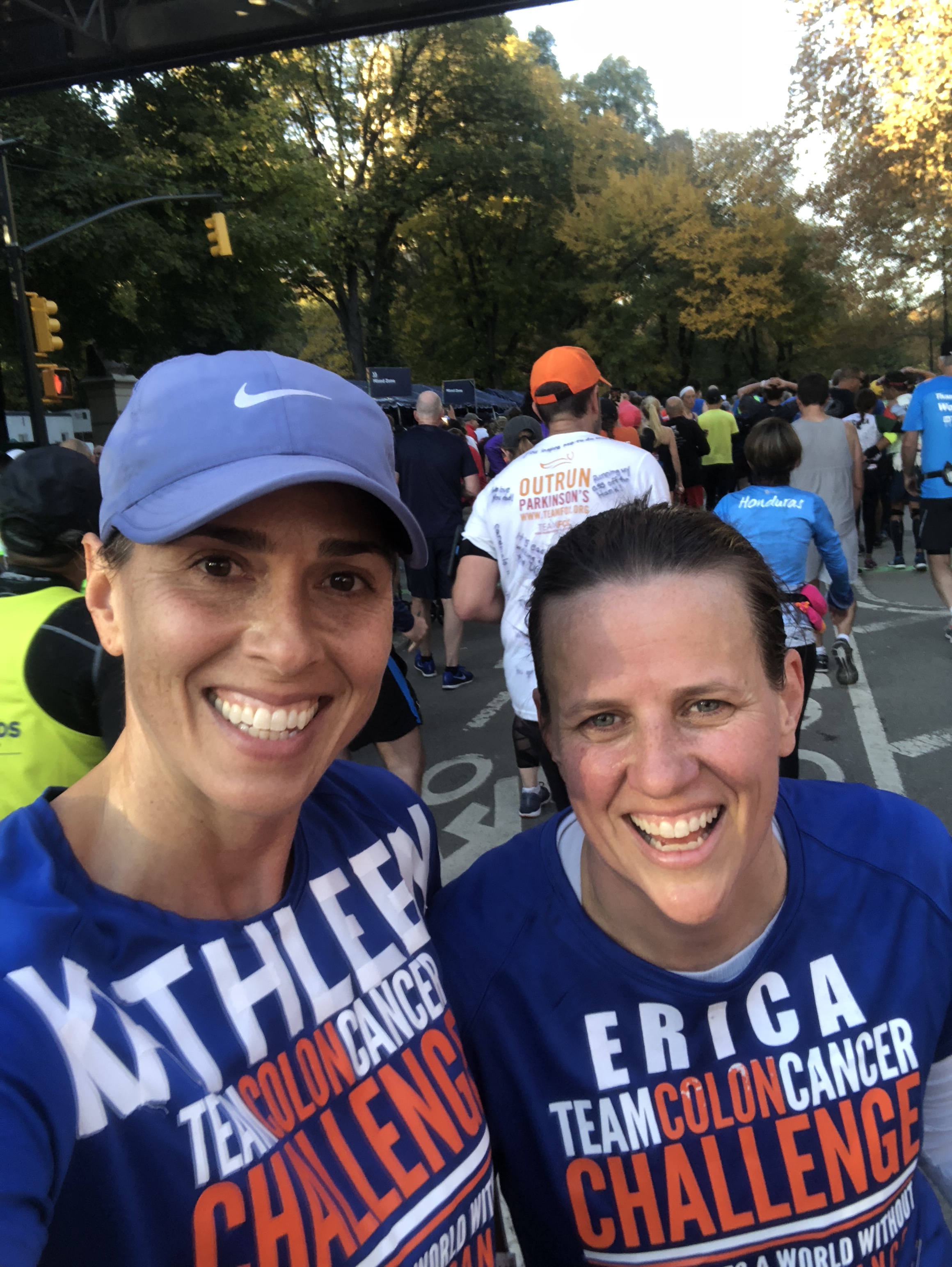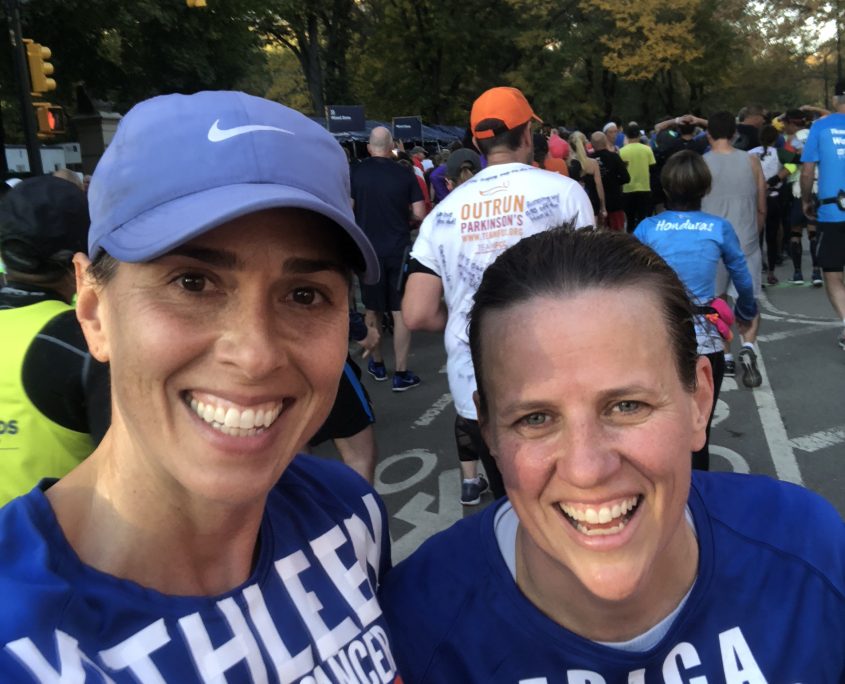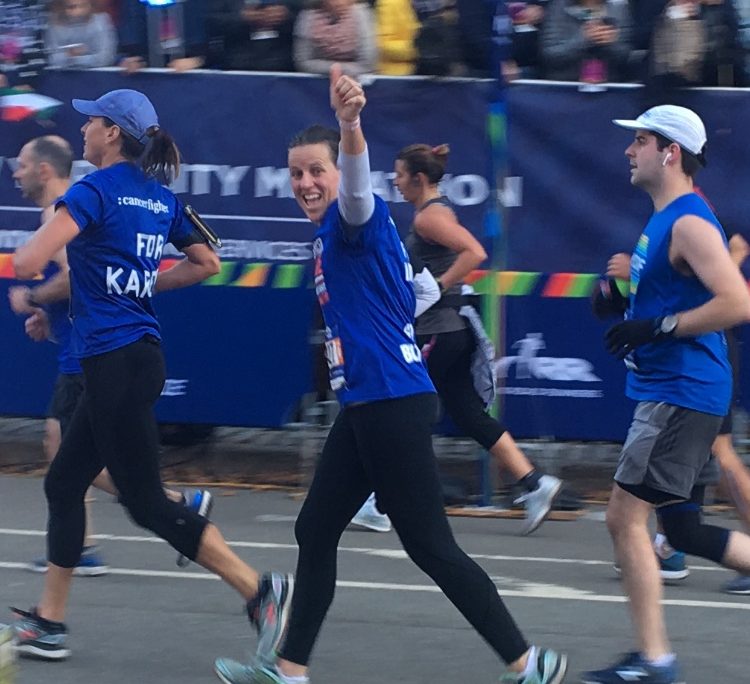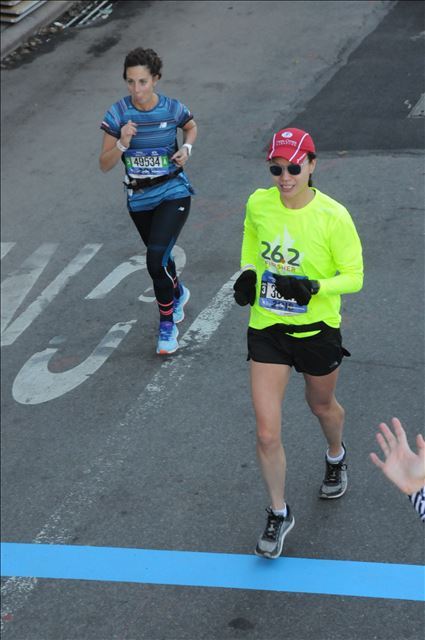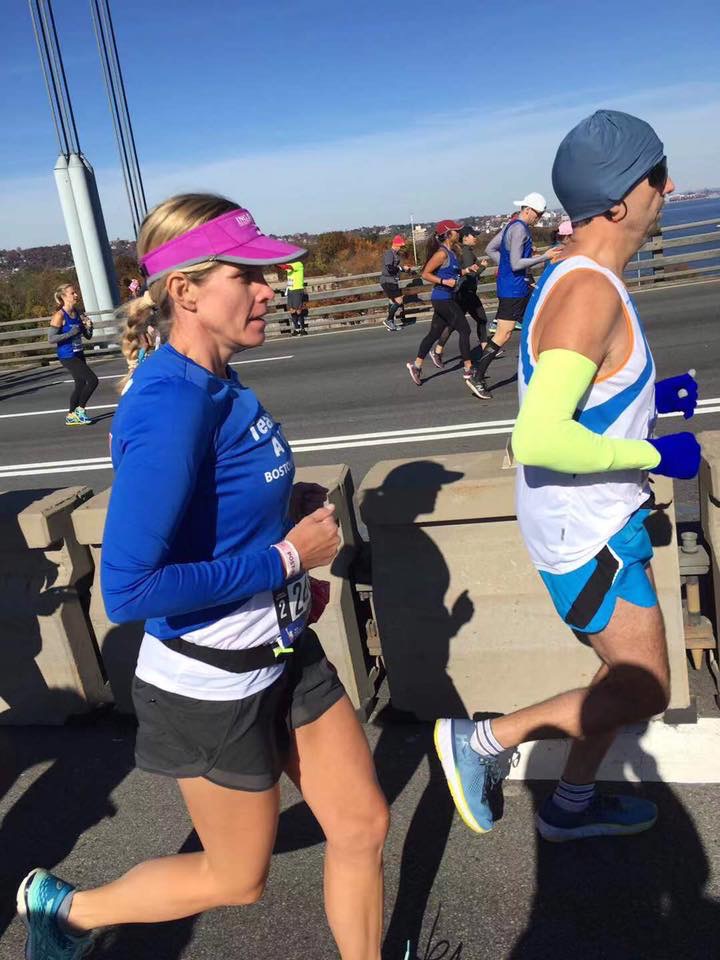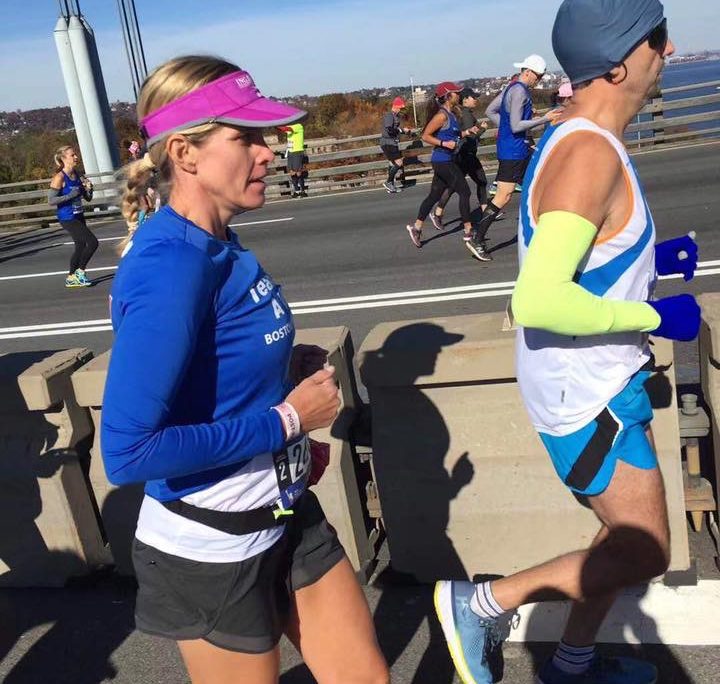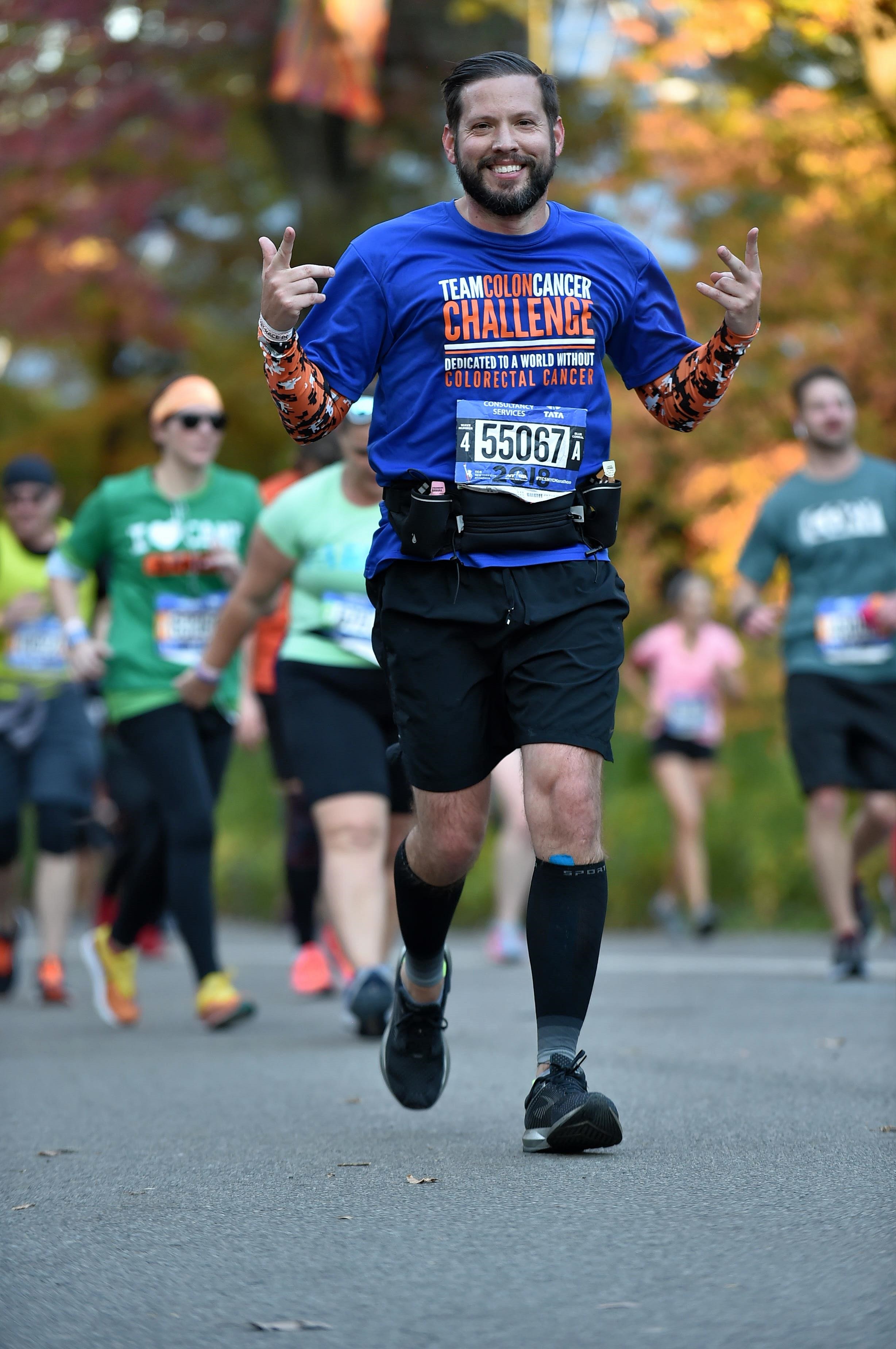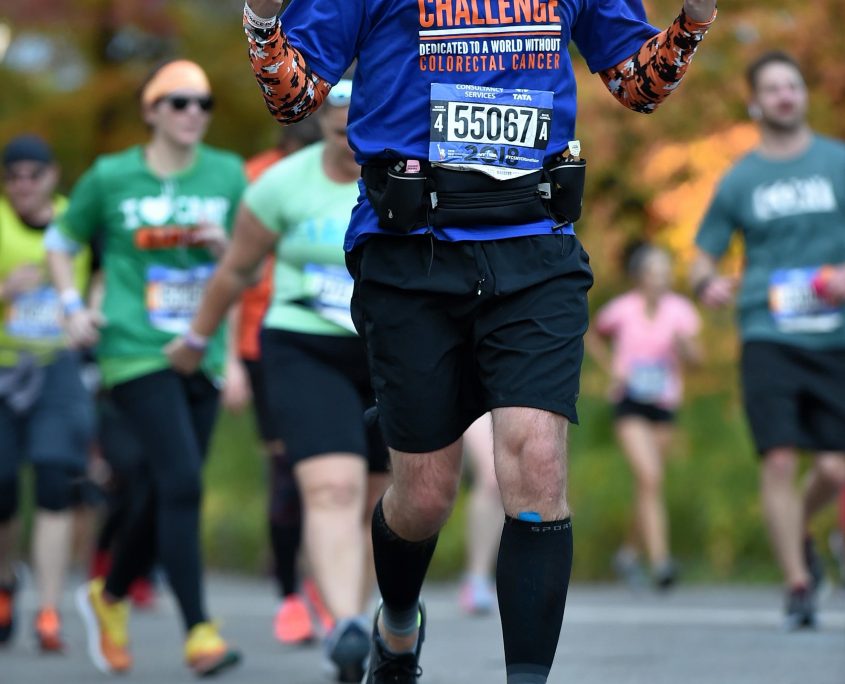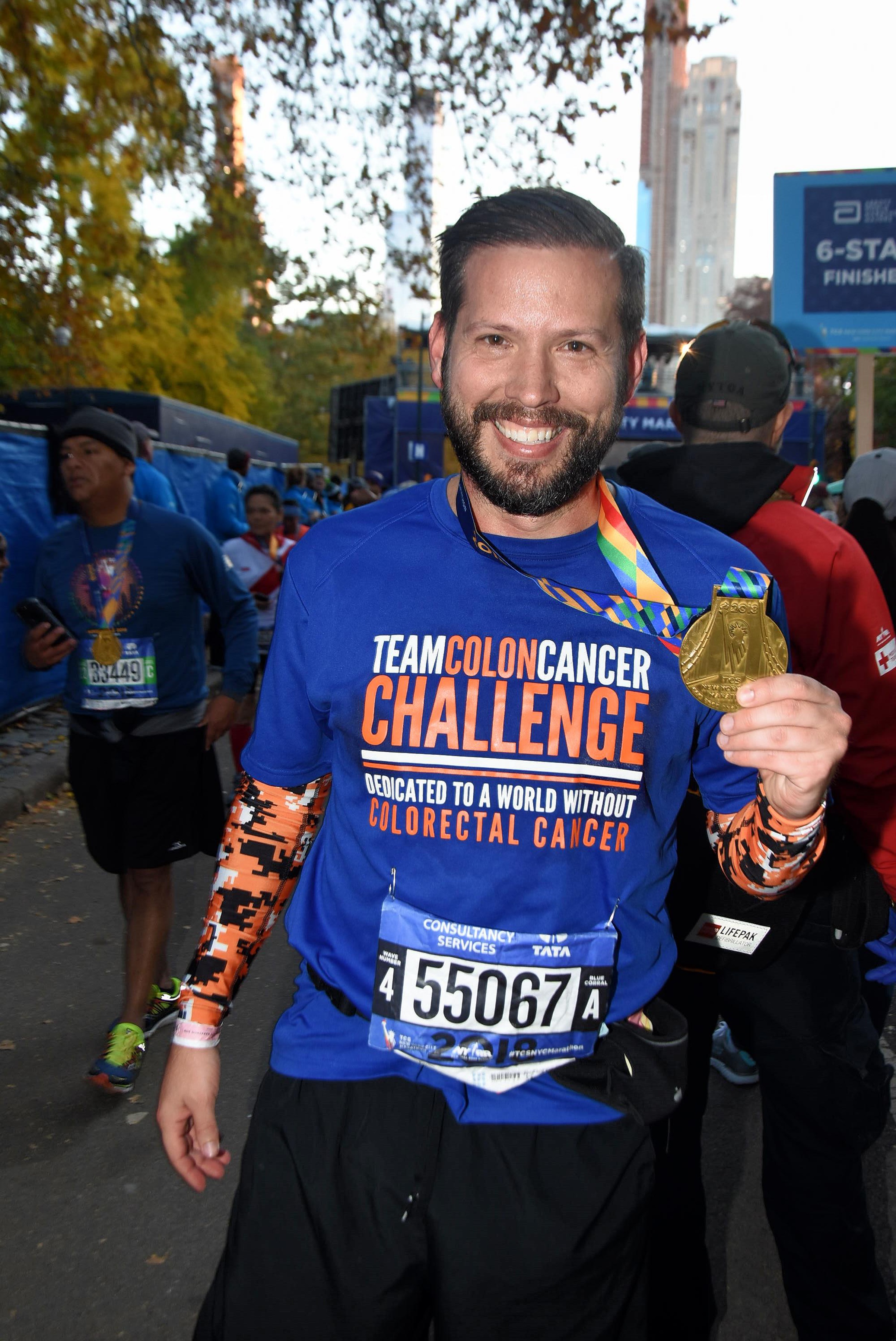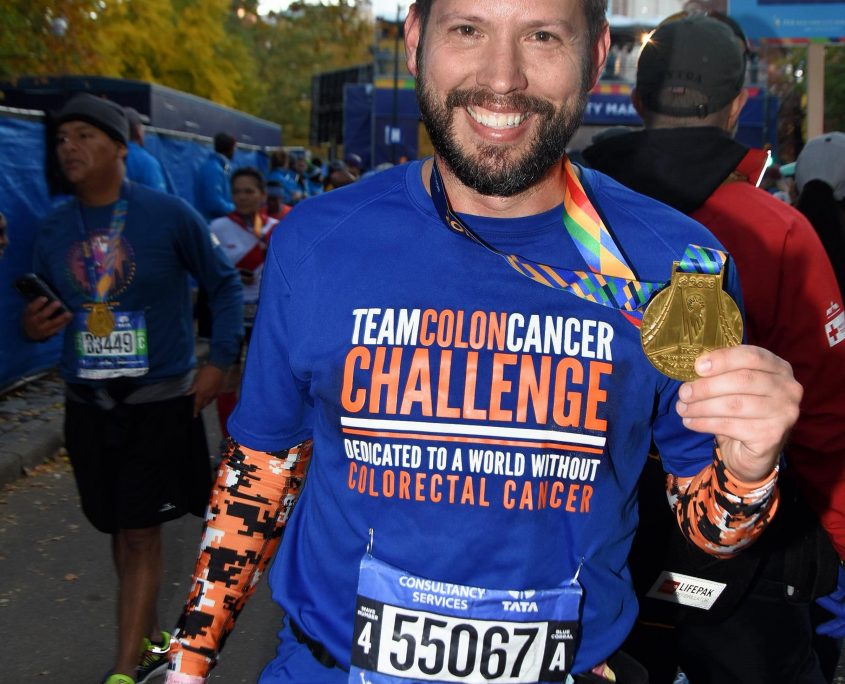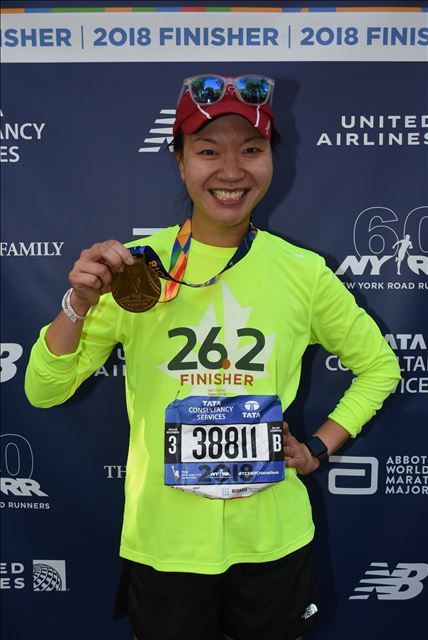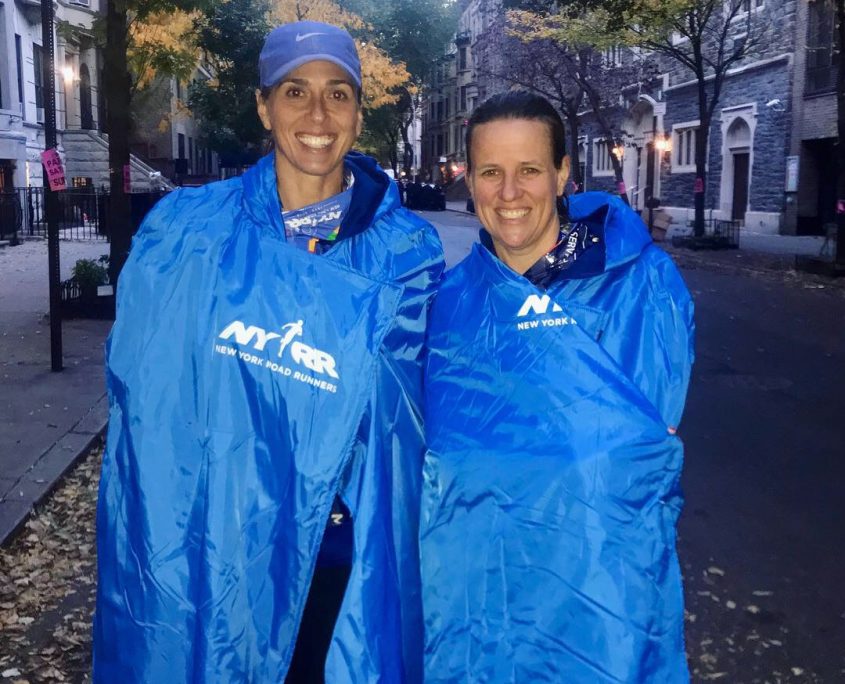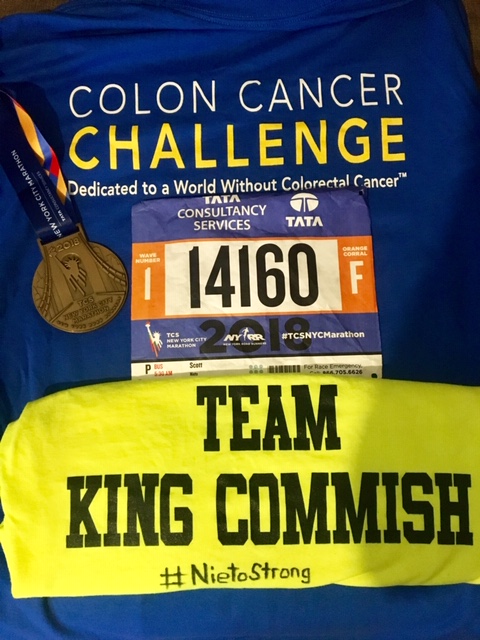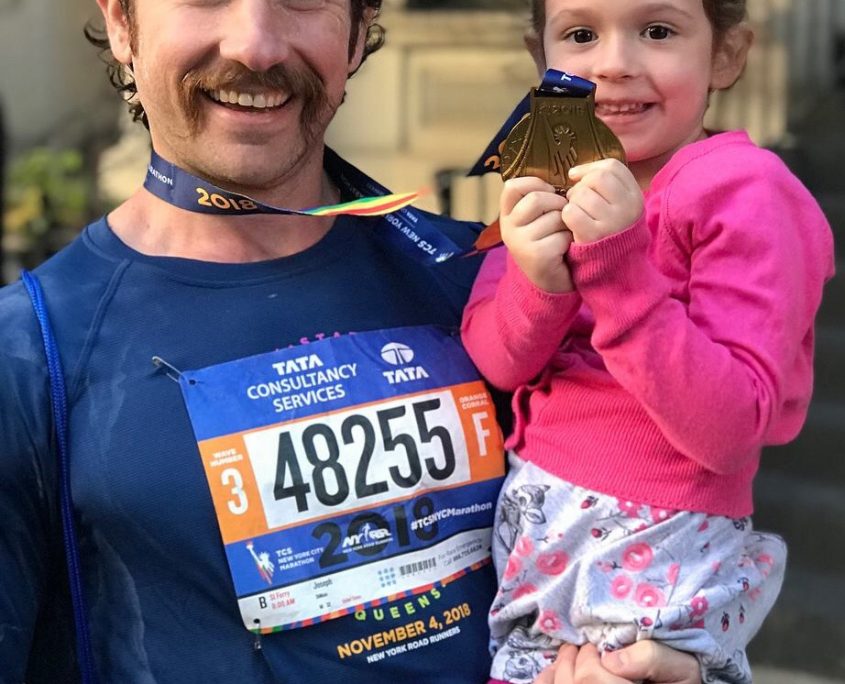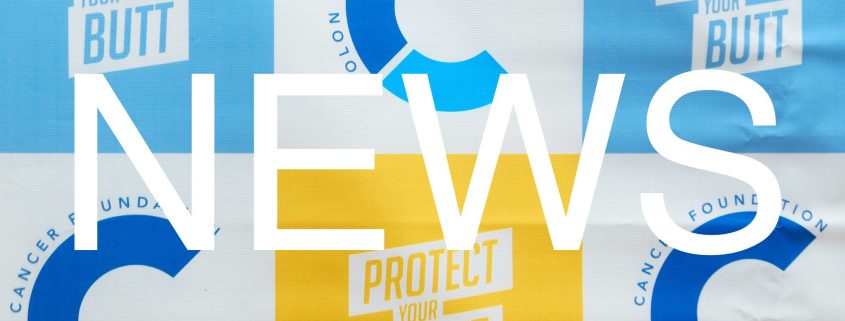Colorectal cancer, one of the most deadliest cancers in the United States, affects a variety of ages. This September, honor Childhood Cancer Awareness Month by learning more about early age onset cancer and how it affects those around you.
What Is Early Age Onset Colorectal Cancer?
Early age onset cancer happens when anyone under 50-years-old develops colorectal cancer, including children. Even though diagnoses over the age of 50-years-old are decreasing, those under 50-years-old are seeing higher diagnosis rates. While it is rare for children to get this deadly cancer, it can occur based on genetics and/or lifestyle choices.
Can Children Get Early Age Onset Colorectal Cancer?
According to St. Jude Children’s Research Hospital, less than 100 children in the United States will develop colon carcinoma this year. While colorectal cancer may be rare in children, it is still possible and genetic screening can help your loved ones catch the cancer earlier. Learn more about early age onset cancer on our blog.
What Can I Do to Support Those With Childhood Cancer?
You can support those with childhood colorectal cancer in many ways. Getting involved with the Colon Cancer Foundation is an easy way to provide support for those with colorectal cancer. We have opportunities for everyone regardless of your income level or time commitment. Learn how to get involved today on our blog.
Did you catch our recap on the Fifth Annual Early Age Onset Colorectal Cancer Summit? We are excited to share video footage from our groundbreaking conference on preventing colorectal cancer. If you were unable to attend, please watch these short recaps on various sessions throughout the summit.
Palliative Care
https://www.youtube.com/watch?v=pURzAM80gMo
In session six, Sarah DeBord, a patient, discusses building her own cancer support system and her familiarity with palliative care, including lobbying for more support. She uses a specific analogy of an onion to describe the layers of care that a patient requires.
Cancer Susceptibility Gene Mutations in Individuals
https://www.youtube.com/watch?v=xyO1_lMk2K4
Dr. Matthew B. Yurgelun shared the shift in mentality in how physicians look at hereditary colorectal cancer. Dr. Yurgelun shares how next-generation sequencing technologies allow for rapid assessment of genes in a way that is deeper than researchers could understand in the past.
Framing the Conversation
https://www.youtube.com/watch?v=zsHZP8_bMCE
One of our favorite, but most heartbreaking, moments of the conference included various attendees sharing their personal stories with colorectal cancer. These stories show the importance of getting tested and staying educated on the dangers of colon cancer.
Discover the rest of our videos from the summit on our YouTube page and learn more about the summit on our website.
The Colon Cancer Foundation is pleased to announce Dr. Jenny Lazarus as a recipient of the 2019 Colorectal Cancer Research Scholar Award. Dr. Lazarus currently focuses on immune therapy, combined with looking at colon cancer at a microscopic level to understand how the cancer cells interact with other cells. She will join the Colon Cancer Foundation at the Colorectal Cancer Research Scholar Award Presentation this year. Read our interview to learn more about Dr. Lazarus and her role in colorectal cancer research.
Tell us about your background.
I am from a small town in the mountains of Northern California. I received a Bachelor of Arts degree from the University of California at Davis in Classical Civilizations with an emphasis on Latin poetry and Roman art. I completed my Medical Degree from Ross University in Dominica, West Indies. I have traveled to many places in my life and my ultimate goals are a cure for cancer and relief to pain and suffering in the world.
What made you interested in colon cancer research?
Colon cancer has afflicted many people and although we have made improvements, a large group of people are still suffering.
Tell us about your past work and research efforts in the past and its significance to colon cancer.
My past work as a surgeon in training at Texas Tech Health Science Center in Lubbock Texas, where I will return to finish my training this July, has and will prepare me to treat individuals who have colon cancer surgically. My research efforts at the University of Michigan have focused on patients who have colon cancer that has spread to other organs where surgery is no longer a cure.
When did you first know that you wanted to work in surgery, and why were you so passionate about that?
During my third year of surgical training, I was involved in the care of a child that was diagnosed with cancer that was not able to be cured by surgery alone. We employed the help of other physicians who were research scientists for the care of the child. That experience helped refine my focus into pursuing a career where I could not only alleviate suffering with surgery but also investigate the cancer itself to further enhance the life of the patients where surgery alone was not a cure.
Describe the current colorectal cancer research you are conducting.
Immune therapy is currently used to treat a small subset of patients with colon cancer. In this small group of people, the tumor itself is unique and the treatment is effective often giving patients a cure. We are looking at colon cancer at a microscopic level to understand how the cancer cells are interacting with other cells. Understanding the immune cells in the tumor is just as important as understanding the cancer cells in determining how immune therapy works on specific individuals and not others. We are currently investigating the interactions between these cells. In doing so, we see patterns emerging in different patients with colon cancer. Each patient has a different pattern of cell types and some patients have similar patterns to each other. We found that patients who share a particular pattern of cells in the tumor are likely to benefit from immune therapy thus increasing the number of people who can receive and benefit from its treatment.
What is your mission and goals in the current work that you are doing?
My primary overall mission is to cure colon cancer. Although a daunting task, I believe it is possible. The cohesive and dynamic team in the Department of Surgery at the University of Michigan has brought together many individual’s research strengths into one collaborative unit where thoughts, ideas, and expertise can meld together for the improvement of the lives of patients. Our goals are to develop new ways of analyzing tumor cells and their interactions with other cells as well as increasing the collaborative environment with other physicians and surgeons to better the quality of patient’s lives.
What are your goals for your future?
I will finish surgical training at Texas Tech Health Science Center in Lubbock Texas and pursue a career in academic research as a surgeon-scientist. I have learned the importance of a team approach, a model I will take with me and employ when I establish a laboratory in the future. I plan to focus on innovative surgical and research techniques as well as foster a rich collaborative environment with not only other physicians and researchers but also foundations and the community to bring information and new treatments to patients as quickly as possible.
What would a colorectal cancer breakthrough mean for millions of people?
I do think we are close to a breakthrough! We were ecstatic to discover the possibility of another group of individuals with colon cancer that may very well benefit from immune therapy which is already being used in a smaller group of people. A breakthrough for a cure would not only impact people who have cancer, but also their friends, family members and co-workers. We are all connected in one way or another and any impact on the health and prosperity of even one person can influence the world.
Why is it so important that we all support research conducted in the field of colon cancer treatment and prevention?
As surgeons, we are able to help people immediately by removing colon cancer itself, this can alleviate pain, stop the cancer from spreading, and for many people this is a cure. Sometimes however when someone has surgery, colon cancer can come back. In addition, some people learn they have cancer after the colon cancer has already spread. In these cases research is the future hope for a cure. Individuals and foundations like the Colon Cancer Challenge Foundation are vital for a cure. Funding for research is scarce not only for researchers themselves but for the equipment and resources needed for study. Support from the community is vital to a future cure.
How has the 2019 Colorectal Cancer Research Scholar Award changed your life?
This award really has confirmed the focus of my career. I feel supported in the research I am conducting but also feel supported as a researcher, this has propelled my energy and focus toward my future goals in knowing that the community supports not only my research but myself as a surgeon-scientist.
The Colon Cancer Foundation would like to thank all of our volunteers for their hard work and donations to make the 2019 Colorectal Cancer Research Scholar Award possible. Learn how you support Dr. Lazarus and work toward a cure for colorectal cancer at our website.
You may have heard that the American Cancer Society recently reduced its screening guidelines for colorectal cancer to 45-years-old. What does that mean and why were the screening guidelines reduced from 50-years-old? Learn more about what early age onset colorectal cancer is and what you can do to protect yourself and your loved ones.
Why were the colorectal screening guidelines reduced?
The American Cancer Society recently reduced the standard screening age for those at average risk of colorectal cancer for multiple reasons. The first, and possibly most important, is the increase of diagnoses at younger ages. Early age onset colorectal cancer occurs when people who are under 50-years-old develop colon cancer. While diagnoses over the age of 50-years-old and above are decreasing, those under 50-years-old are seeing higher rates of the disease. Reducing the screening age is one way to ensure that those diagnosed with early age onset colon cancer have a better chance of fighting the disease.
What can I do to prevent early age onset colorectal cancer?
Aside from regular screenings starting at 45-years-old, there are multiple ways that you can lower your risk for early age onset colorectal cancer. First, you can eat healthily and stay at a healthy weight. Avoid process meats and sugar, while adding in more fruits and vegetables into your diet. Maintaining a healthy diet is one of the first steps to making sure you stay healthy as you age. Second, learn about your family history. If anyone has had colorectal cancer in your family, you may be more prone to developing the disease. Additionally, ulcerative colitis or Crohn’s disease may increase your risk of colorectal cancer. Finally, pay attention to early symptoms.[1] If you notice changes in your bowel movements or increase in fatigue, talk to your physician about the symptoms.
If you think you may be at risk for early age onset colorectal cancer, reach out to your family physician. Early detection is key in survival rates for colorectal cancer, so make sure to take your symptoms seriously and stay on top of your health.
Learn more about colorectal cancer and stay up-to-date by reading our blog.
Colorectal cancer, commonly known as colon cancer, is one of the world’s deadliest cancers. However, there is a lot of confusion about the disease. Know the facts about colorectal cancer and what puts you at risk.
What is colorectal cancer?
Colorectal cancer occurs where there are abnormal cells that divide and survive within your color or the rectum. According to the American Cancer Society, colorectal cancer often starts as a noncancerous growth, called a polyp. The most common type is an adenomatous polyp, also known as an adenoma. While one-third of people can expect to develop at least one adenoma, only 10 percent are estimated to turn into cancer. The chance that the adenoma becomes cancerous increases as it gets bigger.
How likely am I to get colorectal cancer?
In 2019, there will be around 101,420 new cases of colon cancer and 44,180 new cases of rectal cancer. Right now, your lifetime odds of developing colorectal cancer is 1 in 22 for men and 1 in 24 for women. However, there are various other factors that will affect your likeliness to develop the disease. The American Cancer Society predicts that there are over one million colorectal cancer survivors today.
Why are men more likely to get colorectal cancer than women?
Colorectal cancer is 30 percent more likely to occur in men than women. Risk factors, such as likeliness to smoke cigarettes and hormones, play a large role in making cancer more prominent in men. According to studies from the American Cancer Society, the median age for colon cancer diagnoses in men is 68-years-old and for women is 72-years-old. The median age for colon cancer diagnoses for both men and women is 63-years-old.
What is the survival rate for colorectal cancer?
Luckily, deaths related to colorectal cancer are decreasing due to earlier screening and advanced technology. According to the American Cancer Society, the relative survival rate for colorectal cancer is at 65 percent at five years after diagnoses and 58 percent at 10 years after diagnoses. One way to increase your chance of fighting this deadly disease is to follow the screening guidelines and pay attention to early warning signs of colorectal cancer.[1]
Learn more about colorectal cancer through our other blogs and get involved with the Colon Cancer Foundation to help us support colorectal cancer survivors and their families.
This month, honor the thousands of colon cancer patients, survivors, and champions by spreading awareness regarding colorectal cancer during Colorectal Cancer Awareness Month. Since 2000, the colorectal cancer community has mobilized during the month of March to raise awareness, increase education and convince loved ones to get screened. There are multiple ways to get involved during Colorectal Cancer Awareness Month, starting with learning more about colorectal cancer.
Get educated about colorectal cancer
While colorectal cancer in adults over 50-years-old has declined, colorectal cancer is on the rise among younger generations. Today, even teenagers are being diagnosed at alarmingly greater rates. Around 13,500 people under the age of 50 will become diagnosed with colon cancer. One of the largest issues that screenings do no begin until 50, so these diagnoses will often become late-stage diagnoses. Make sure to have the conversation about colorectal cancer with your loved ones and your doctors earlier than later.
Wear blue to show your support
March 1 is officially Dress in Blue Day, but you can wear blue all month long to show support for colorectal cancer survivors and patients. Encourage your workplace and friends to wear blue to get the conversation about colorectal cancer started. Make sure to post to social media and tag the Colon Cancer Foundation on Facebook, Twitter, and Instagram.
Participate in the 16th Annual Colon Cancer Challenge
Join us for the 16th Annual Colon Cancer Challenge on March 24 to show support for those with colorectal cancer and raise funds for the Colon Cancer Challenge Foundation. We are ecstatic to host the challenge this year at the Icahn Stadium on Randall’s Island. In 2018, an estimated 135,000 Americans were diagnosed with colorectal cancer. If caught early enough, the five-year survival rate is 90 percent. With the 16th Annual Colon Cancer Challenge, we can work together to reduce these fatalities. Whether you participate in the 5K or spearhead fundraising efforts among your friends, you are helping the Colon Cancer Foundation to improve the life of current patients, survivors and future patients of this deadly disease. No matter what distance you cover, you will make up ground in the race to prevent colorectal cancer.
Whether you choose to dress in blue or attend the 16th Annual Colon Cancer Challenge — we hope you do both — make sure to show your support during Colorectal Cancer Awareness Month. Even after the month of March, you can help us fight colorectal cancer with the “Eighty by 2018.” Take the pledge to get screened, choose a healthy way of eating and lead a physically active life.
The Colon Cancer Foundation is excited to announce the 16th Anniversary of the Colon Cancer Challenge. This year, we will return to Icahn Stadium on Randall’s Island to work together to educate about colorectal cancer and support those who are affected by its debilitating effects. Join the rest of the colorectal cancer community on March 24, 2019, to support the Colon Cancer Foundation’s initiatives.
What Is the 2019 Colon Cancer Challenge and Why Should I Join?
In 2004 Dr. Thomas K. Weber founded the Colon Cancer Challenge. This year, we continue Dr. Weber’s work to increase public awareness of colorectal cancer. According to the American Cancer Society, 51,020 people will die from colorectal cancer during 2019. The lifetime risk for colorectal cancer is nearly 1 in 22 for men and 1 in 24 for women. However, with early detection, the five-year survival rate is 90 percent. Chances are that you will know someone in your life who will be affected by this deadly disease. Join us on March 24 for the 2019 Colon Cancer Challenge to raise awareness about the second deadliest cancer.
Where Do the Funds Raised Go?
Every year, the Colon Cancer Foundation raises funds in order to raise awareness of colorectal cancer, the importance of early detection and the most effective screening methods available. As a 501(c)3 non-profit organization registered in New York State and listed by the Federal IRS as a public charity, we work hard to ensure that all funds align with our mission in the fight against colorectal cancer. The fundraising efforts at the 2019 Colon Cancer Challenge provide free educational materials and participation in outreach events, among other initiatives:
- A national tour of our educational inflatable colon – the Rollin’ Colon.
- Local, state, national and global programs that promote colorectal cancer prevention and early detection.
- Awards to young colorectal cancer investigators presenting at the world’s premier societies and conferences.
- Funding to support the nation’s only Summit focused on early age onset colorectal cancer.
How Can I Participate in the 2019 Colon Cancer Challenge?
There are numerous ways to show that you stand with colorectal cancer survivors and patients at the 2019 Colon Cancer Challenge. Our Two Mile Walk, 5K Run or Kids’ Fun Run offer a chance for the whole family to get involved. If you would like to volunteer, we have opportunities for all ages and groups. Please contact Marcline St. Germain, our volunteer coordinator, at 914.305.6674 or email at [email protected]. Additionally, you may download our Fundraising Toolkit to help raise money to support the Colon Cancer Foundation’s initiatives.
Congratulations to the members of Team Colon Cancer Challenge who conquered the TCS NYC Marathon this year! We are so grateful for the incredible spirit and fundraising efforts put forth by this team. Together, our team blazed past our fundraising goal to surpass $107,000! And every single member crossed the finish line on November 4.
On Marathon Eve, CCF hosted a team dinner at Covina. It was a wonderful evening of conversation and carbohydrates. Team members got the chance to meet each other and connect with CCF staff and our founder, Dr. Thomas Weber. Thank you to everyone who was able to attend!
Our international team came together from Hong Kong, Paris, Los Angeles, Minneapolis, and other corners of the country and the world – including, of course, NYC. This diverse group of runners comprised a colorectal cancer surgeon, children of survivors, and other relatives and caregivers of survivors and those who lost their fight. Hearing our runners’ stories (check them out on our Crowdrise site) reminds us all that we are a long way from the finish line in the battle against colorectal cancer. But we cannot let ourselves hit the wall at mile 20. We must keep going.
Events like the NYC Marathon are critical to achieving our annual fundraising goals so we are able to continue such important initiatives as our Annual Early-Age Onset Colorectal Cancer Summit. Through the Summit we are able to support and share the latest research into the causes and treatment of colorectal cancer. We WILL get to the bottom of this (so to speak) and we are proud to have such incredible athletes and advocates on our side.
Interested in joining Team Colon Cancer Challenge? Check out our events page for information about the 2019 NYC Half Marathon, as well as other upcoming events. Like to spin? Join us and our Young Leadership Board on December 2 for the Ride for Research at Swerve!
Many thanks again to our incredible 2018 TCS NYC Marathon team. We hope you enjoy a well-deserved Thanksgiving feast this year!
It was the drop heard ’round the colorectal cancer world.
On Wednesday the American Cancer Society released a study in CA: A Cancer Journal for Clinicians recommending that colorectal cancer screenings should begin at age 45 – instead of age 50 – for those at average risk. The Colon Cancer Foundation has been in the trenches, championing research into the alarming rise of early-age onset colorectal cancer (EAO-CRC) for over a decade; so for us and so many other organizations and individuals in this fight, this is a watershed moment that is going to have a profound impact on the colorectal cancer landscape.
This is the first time that a prominent cancer organization has officially recognized that EAO-CRC is no fluke but a tragic and universal phenomenon that needs to be addressed immediately. 43% of EAO-CRC cases occur in those aged 45-49. If this new guideline becomes the norm, an estimated 22 million Americans can be screened, and thousands of lives will be saved.
As Dr. Thomas Weber, our founder and President, stated in an interview with The New York Times, “This is a very, very big deal. Solid epidemiological data from our national cancer registries documents a dramatic increase in the incidence of colon and especially rectal cancer among individuals under the age of 50, and the vast majority of those cases are in the 40- to 49-year-old age bracket.”
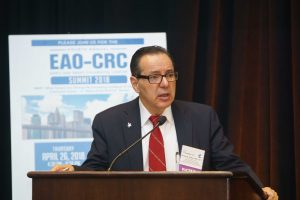
Dr. Thomas Weber addresses the crowd at the 4th Annual EAO-CRC Summit in NYC
The adoption of the revised ACS screening guideline will be a major step toward reversing the upward trend of EAO-CRC cases. In addition, physicians will soon have the added support of the Risk Assessment and Screening Toolkit – the brainchild of CCF and the National Colorectal Cancer Roundtable (NCCRT). This toolkit was presented by Emily Edelman of the Jackson Laboratory at our 4th Annual EAO-CRC Summit held in April in NYC. It has been designed to give physicians much-needed resources and support to properly detect and treat colorectal cancer in those individuals with a family history of the disease; hereditary predispositions; as well as those under age 50.
We are hopeful that the powerful combination of the new ACS screening guidelines and the Risk Assessment and Screening Toolkit will help shift the tide of EAO-CRC. But there is still much work to be done. To learn more about the new ACS guidelines, click here. You can find more information about the 4th Annual EAO-CRC Summit here. To make a donation or get involved with CCF, please contact us!
Our Mission
The Colon Cancer Foundation (CCF) is a 501(c)3 non-profit organization dedicated to a World Without Colorectal Cancer through awareness, prevention, screening, and research.
Latest Projects
Contact
Colon Cancer Foundation
PO Box 252
Chappaqua, NY, 10514


